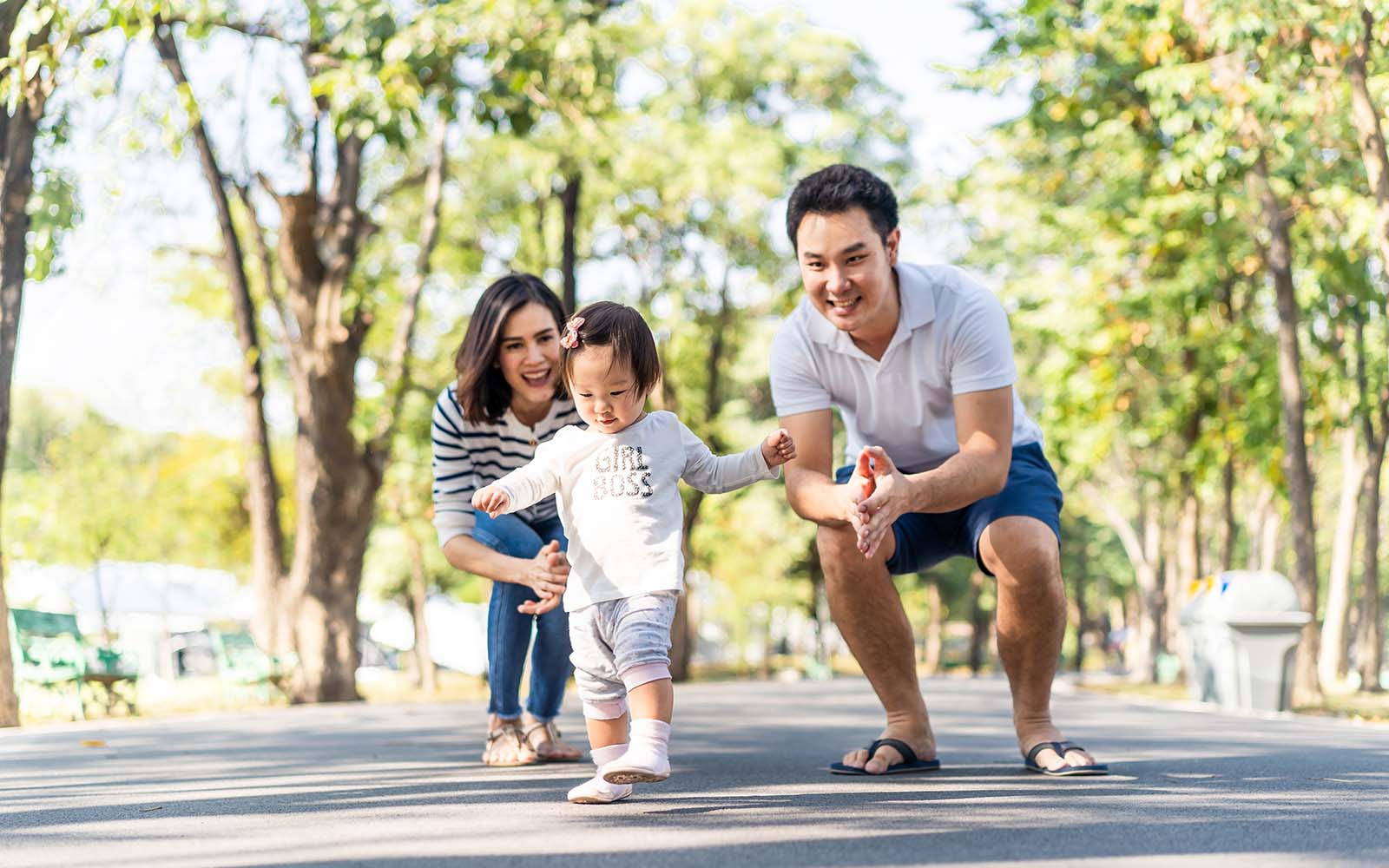
Watching a little one learn to walk is such a special thing! For baby, taking that very first step was a real triumph - you could see the pride and joy on their face. All that determination and confidence, with Mom and Dad there to cheer them on and keep them safe. Learning to walk is such an important part of a child's development. Normally, kiddos start getting the hang of it around their first birthday. As parents, it's our job to be there every step of the way, keeping a close eye and making sure they don't take any tumbles. With the right guidance and a whole lot of love, we can help them walk tall and strong!
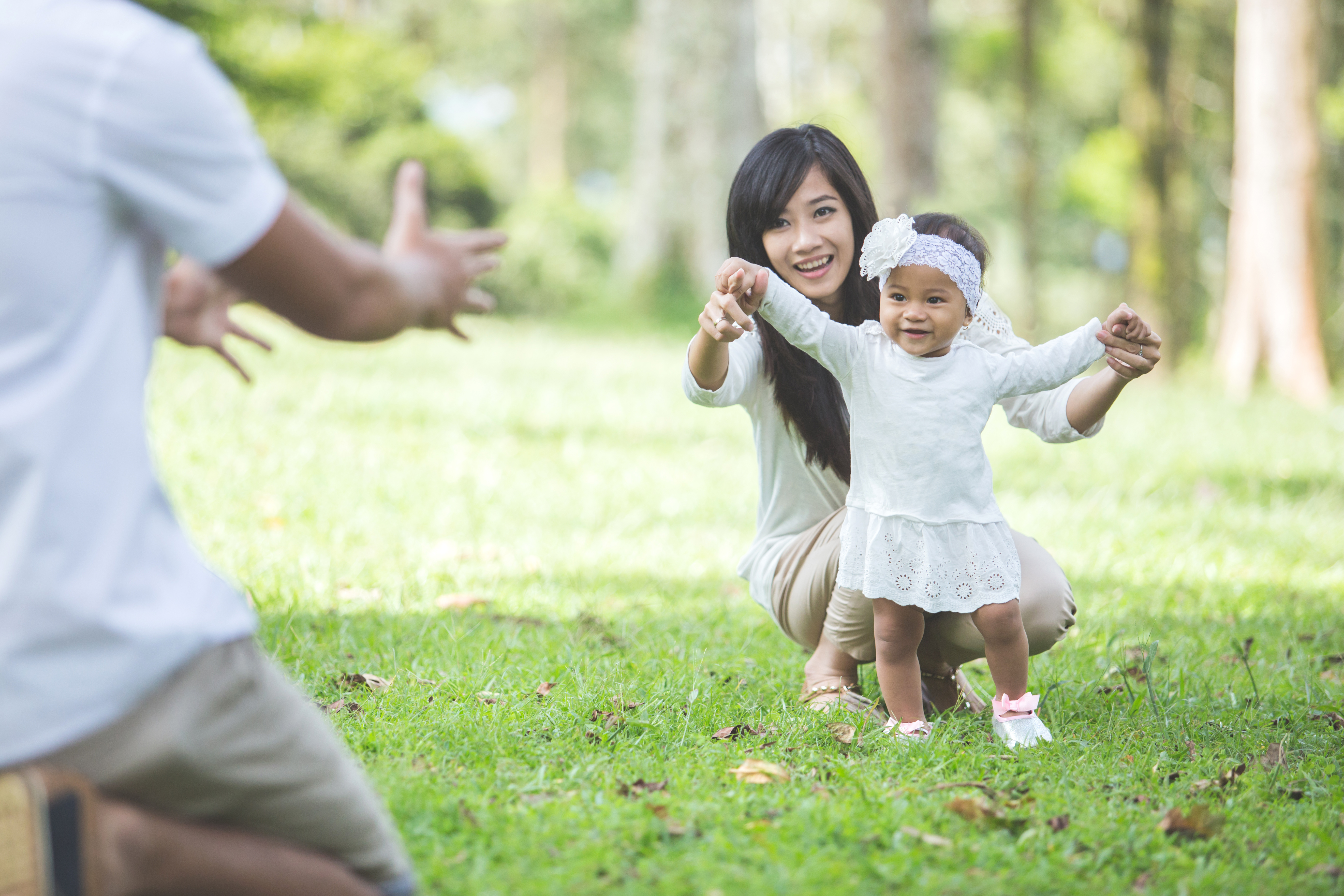
Baby's Readiness to Start Walking
Every little one is unique - they all develop at their own pace when it comes to walking. Instead of focusing on a specific age, it's best to just keep an eye on their natural progress and skill-building. You'll start to notice them getting stronger in the core, mastering that tummy time and finding their balance. Then comes the fun part - using furniture and other objects around the house to pull themselves up and start taking those wobbly first steps! As parents, our job is to encourage this process, not rush it. Cheer them on, give lots of praise, and maybe even turn it into a silly little game or competition.
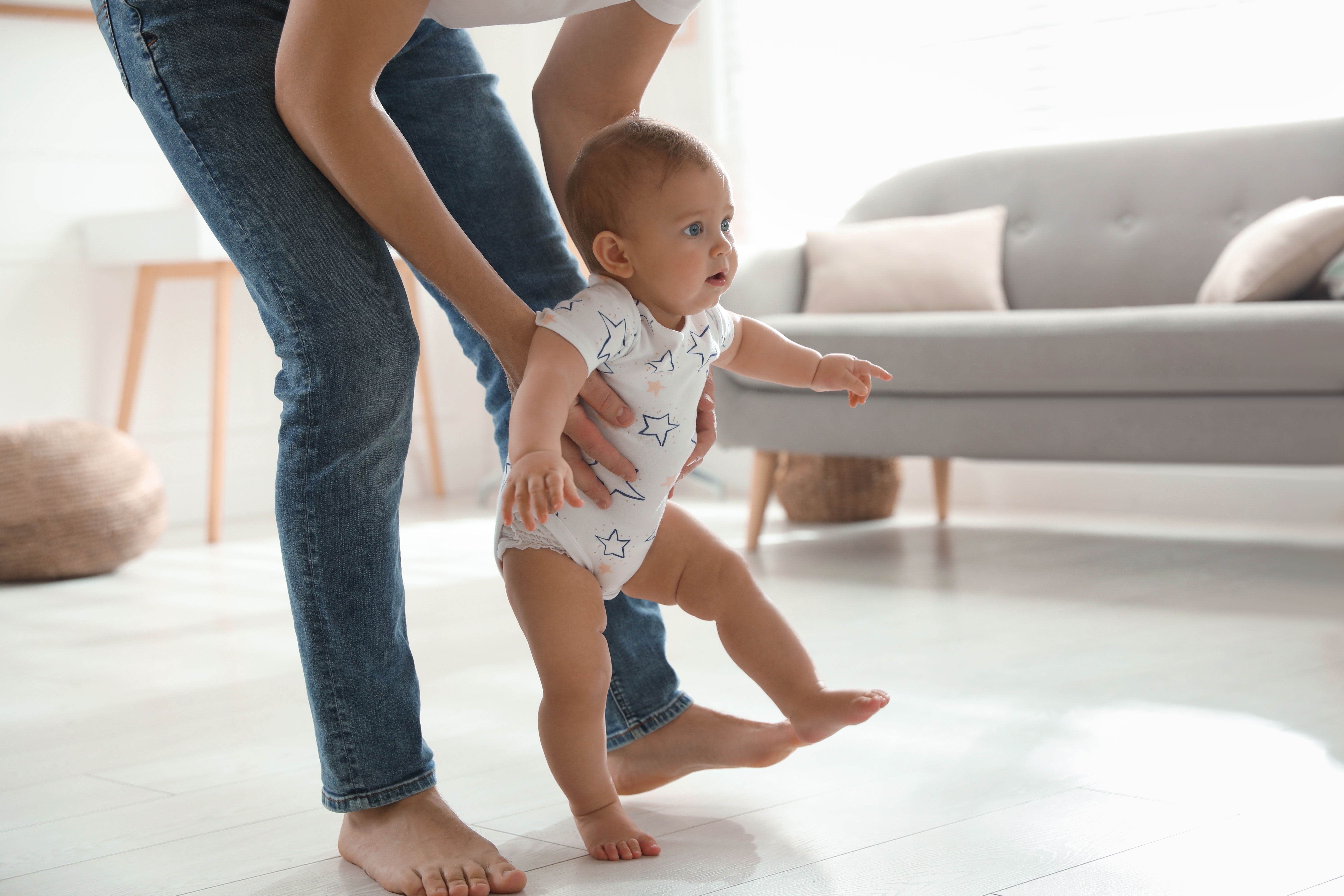
Crafting a Secure Space
When your little baby is getting ready to take those first steps, the most important thing is making sure they have a safe space to practice. But don't worry, you don't have to renovate the whole house! Just focus on the room where they spend the most time. Go through and remove anything that could be a tripping hazard - fragile decorations, loose cords, even some toys. Then add in some soft, cushiony mats or rugs to pad the floor. That way, if they do take a tumble, it won't be so scary. The goal is to create an environment where they feel free to move around without worrying about getting hurt. Even if they're not quite walking yet, they can still scoot and crawl to their heart's content in this cozy, child-proofed space.
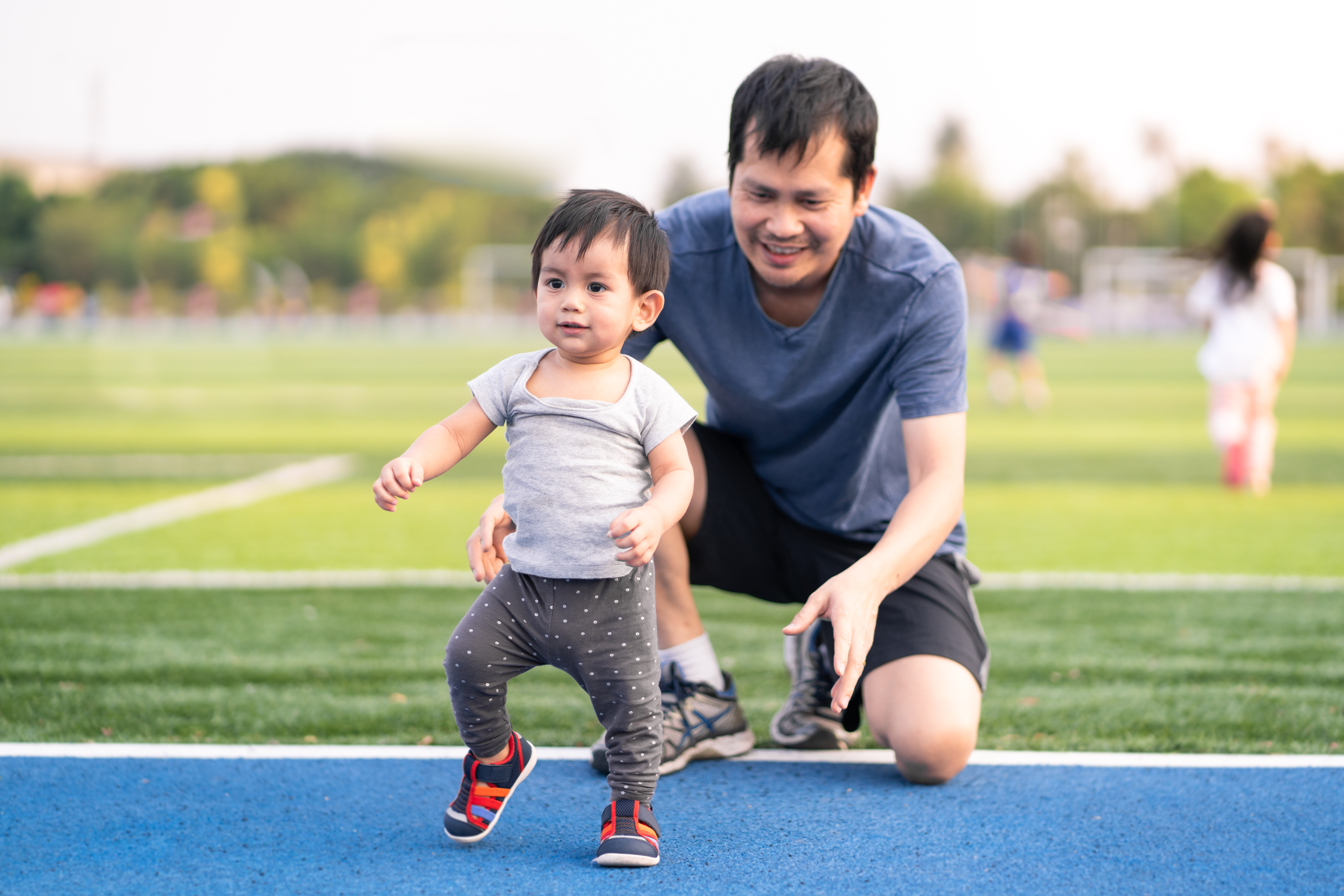
Essential Care Tips
When your little one is eager to start walking, gently hold their hands and guide them around the room, encouraging them every step of the way. If they happen to stumble or fall, don't worry - just give them a big hug and some extra encouragement. As long as you've childproofed the space, a few tumbles won't cause any harm. Once they've got the hang of walking on flat ground, you can start introducing some gentle variations to help them build up those balancing skills. The more they practice adjusting their movements, the stronger their little muscles will get. And don't forget all the fun, developmental toys and aids you have to help them along! Things like push-along walkers are great for giving them that extra bit of support and stability as they build up their confidence.
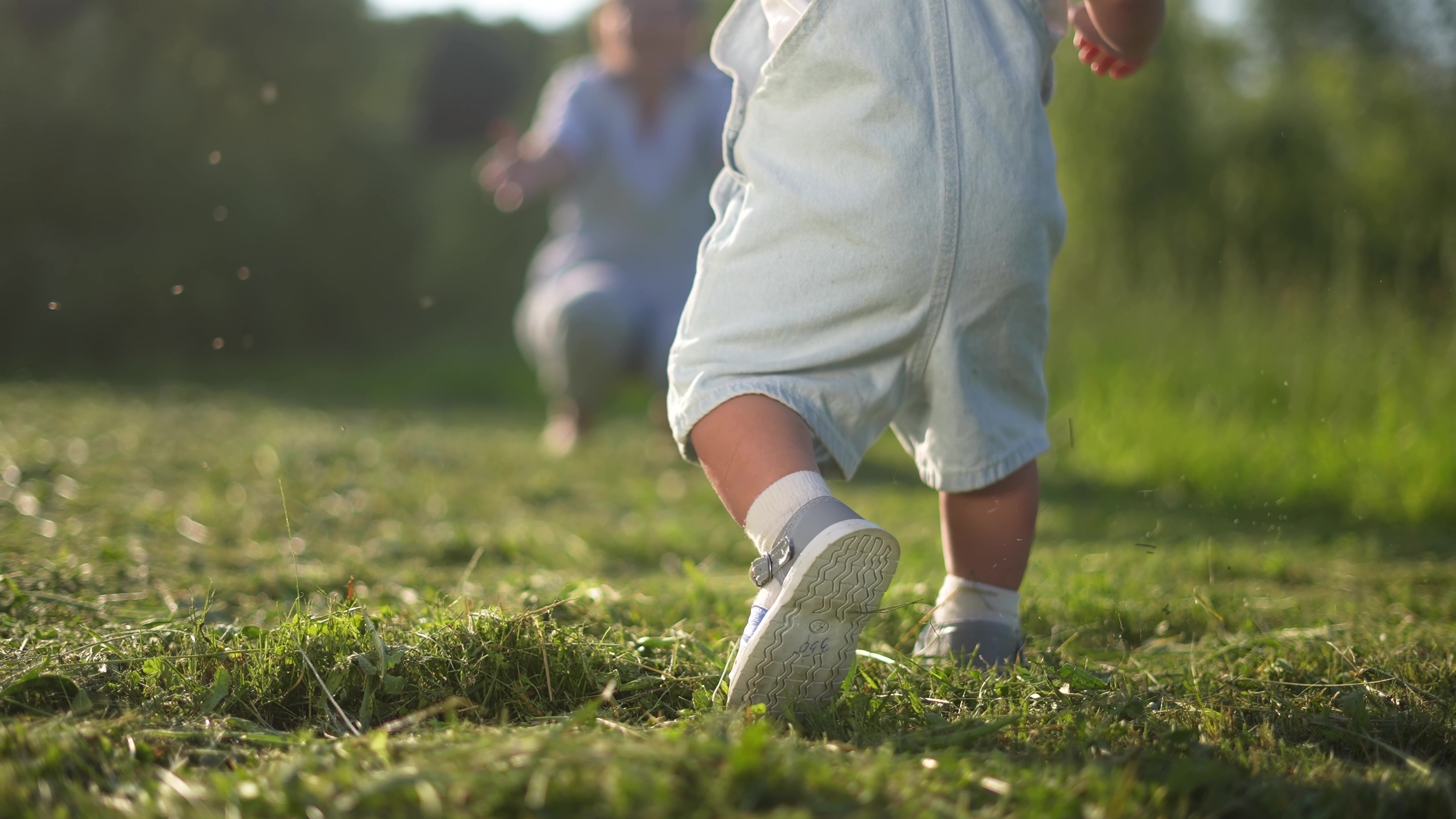
Precautions for your Little Walker
Forcing them to hit milestones before they're truly ready can actually be an obstacle to their natural progress. Instead, we want to celebrate all those small victories, no matter how tiny! Every time they take a step, or pull themselves up, or even just get stronger in their core - that's worth a big round of applause. We don't want to push them to do things their mind and body aren't ready for yet. And don't forget, the whole family’s extra encouragement and support can make a big difference as they build up their coordination and confidence. If you haven't seen any signs of walking by the time they're around 18-24 months old, that's when it might be a good idea to check in with your pediatrician. They can do an evaluation and make sure everything is developing as it should.
Your little one will be walking before you know it, so be ready to cheer them on and guide them gently every step of the way. With your love and support, every new stride will be a joyful milestone to celebrate as they explore the world on their own two feet.
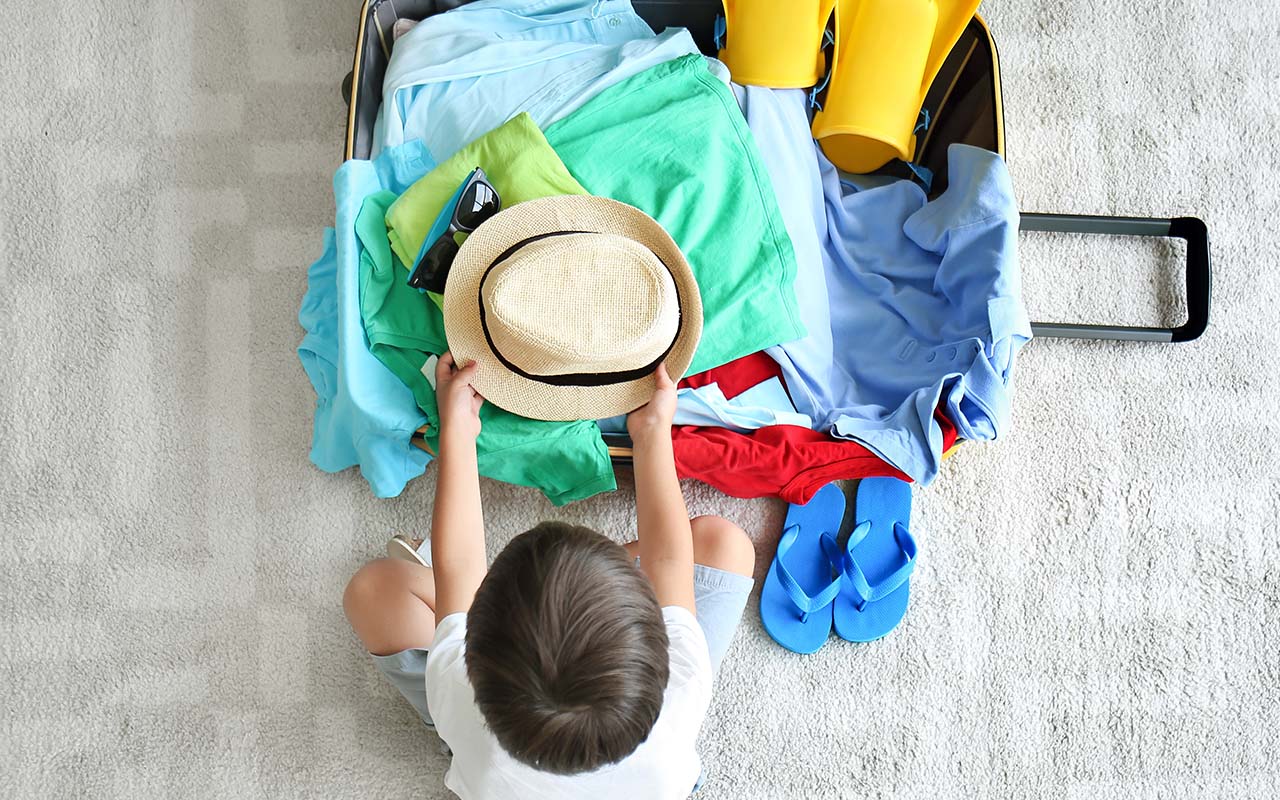

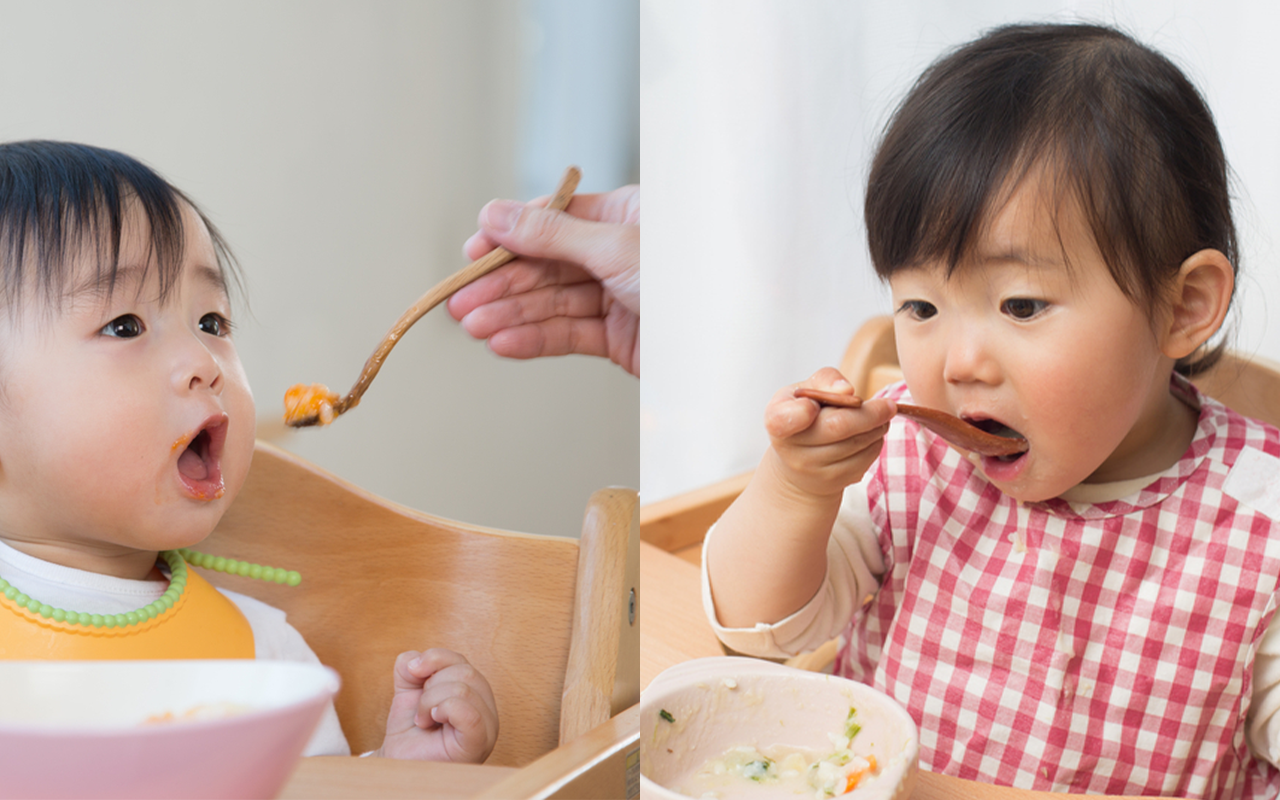
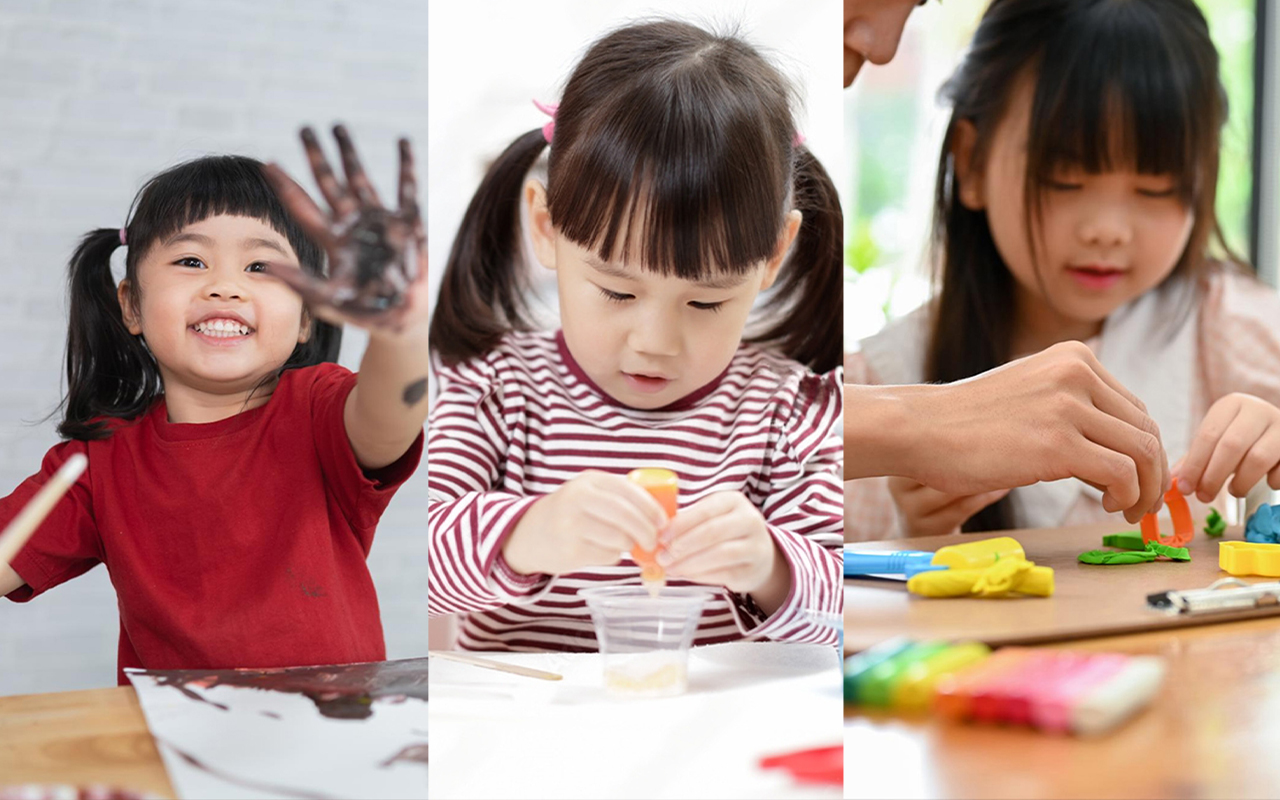
Comments